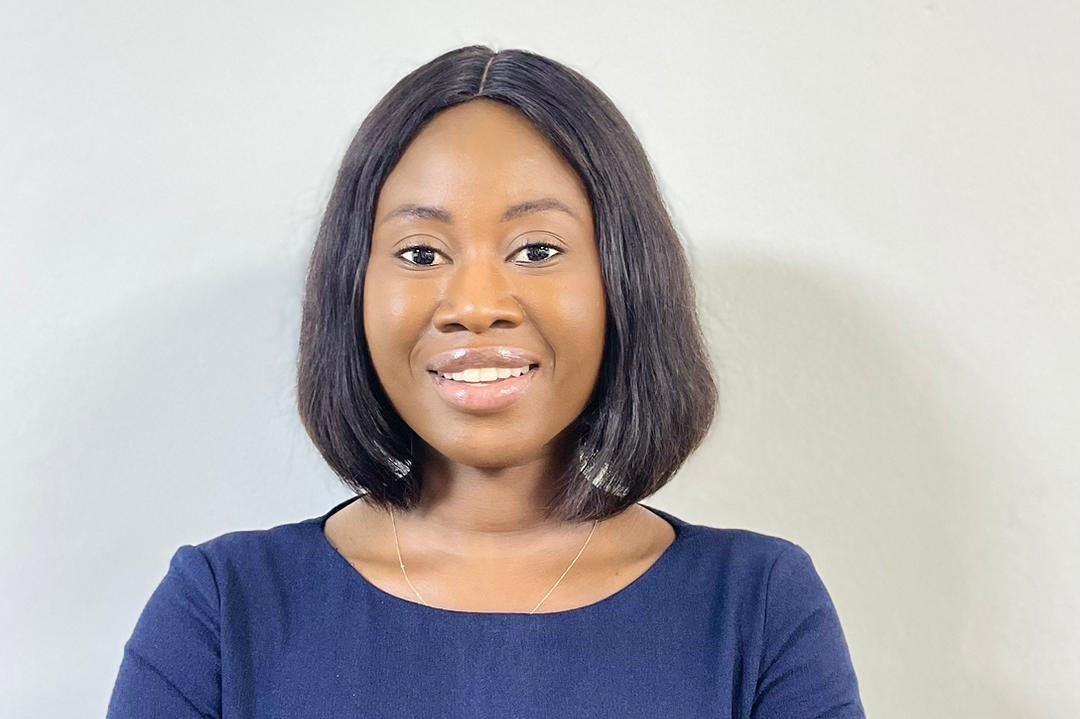I was part of The Comms Avenue’s conversation with Ayana McIntosh-Lee, Vice President, Communications at BP and a versatile communications professional with over a decade of experience. With a background in media, Ayana has built an impressive portfolio working with leading organisations in the oil and gas sector.
These are 10 important tips she shared for communications professionals.
- Every challenge is an opportunity; take it.

“Anytime they asked me: will you be willing to…? Many times, I’d say yes. Then, I will be out of the office thinking: how will I do it?”
Saying yes to new opportunities, even on your job is important because it gives you the opportunity to stretch, to learn new things, to be better. My dear, you are a rubber band, you cannot cut. Rather, you will learn new ways of doing things, new things about a new field and you will be better for it.
So, as long as you are staying true to your values, stretch yourself, darling.
- Asking for help is not a sign of weakness.

So, you have taken on this project that you do not know so much about, even though it is a comms gig, what do you do? Start dialing. Call anyone, everyone, who can know/knows something about it. This gives you fresh insights into the issue, from various perspectives and the project is likely better for it.
“I’m a queen at asking: ‘can I have a few minutes with you? I need to be able to communicate about this but I need to speak to you. Explain it to me as if I’m a three-year-old.”
The Yorubas say, ‘he who asks for the way, never misses the road.’ When you get to a bend and you seem confused, ask again, your destination is likely around the corner. And if you missed a turning, you can easily find your way back…
- Writing is the foundation of communications. Build a solid foundation.
“Write, write, write. Hone your writing skills. It is the base for every communication professional. If you are a good writer, you will be fine.”
If you’ve got good writing skills you can do a lot in the space: companies need to tell their stories, people need to sell products. Communications is the base of everything: PR, marketing…
“When I’m hiring, I’m looking to good writing skills and good experience. Sometimes people who have been journalists struggle to make the transition…and when it comes to being a PR person, it is hard for them to make the transition.”
In all your getting, get writing skills. Write for different audiences, in different formats, get that range…
- “Plan your work and work your plan”

Communications may be seen as a glossy job from afar. It looks that way because of all the unseen planning happening beneath.
“What people don’t see is all the hard work in the planning, the writing, that goes on behind the scenes…Everything is smooth on the top and beneath there’s all the preparation that went on.”
Planning also helps you with crisis management. Planning helps you to spot your organization’s opportunities and risks, even before they happen. That way, you can maximize the opportunities and better manage the risks.
So every time ask yourself: “What’s our business trying to achieve? How will we achieve it? What are the risks out there? Plan ahead. Everything can’t be a crisis. Try to avoid reputational accidents. Identify those risks, plan for them early and often…”
- It is not just a job, it is legacy-building.
Every job should be an opportunity to write your name in the sands of time.
“I am more about the impact that I can make with the people/team I work with, so I ask: am I better? Are they better? What about the impact that we can make on society?”
“One minute I can be in the statehouse with the president and then the next minute I’m sitting on the floor in a small community so that the community is better off than it was when we arrived there…”
What legacy are you building?
- You own your job by doing a good job, again and again…
“Getting a job and doing a good job are very different things. I often tell people that you’ve to bring value.”
So how do you add value?
By being connected to the business—its priorities and objectives. You have to be so connected that the communication strategies you are building are interwoven with the business values. Only then, will the business leaders begin to look up to you for direction for the organisation.
Now, that is your opportunity to do it, again and again.
- Understand your audience

Usually, as a comms professional, you are likely to take on communications gigs that address different audiences. It is important to understand which audience your message is directed at. You should ask: How do you tell the same message to different audiences? Who is the audience and what matters to them?
“Usually your audience isn’t technical, and if I don’t understand, how will the people, the regulators, the government understand it? Don’t be afraid to say you don’t understand. This is because the more you understand the business, the better you will understand what you need to drive the communications forward. Don’t be afraid to look silly. Take your work seriously but don’t take yourself too seriously.”
The more you understand the business, the better you will understand what you need to drive the communications forward. Don’t be afraid to look silly. Take your work seriously but don’t take yourself too seriously.
- See the World
Ayana always knew she wanted to work internationally and she told everyone who cared to listen. Even though they told her ‘you ain’t no engineer, it is only engineers that get international gigs’, she kept playing her international music until the company danced to her tune. Eventually, she got a nine-month gig that became a three-year gig.
“Be clear about what you want. Be clear about what you do not want. That’s about as important as the first point.”
This tip reminds me of an Igbo proverb, popularised by writer, Chinua Achebe: “The world is like a dancing masquerade. If you want to see it well, you do not stand in one place.”
- Build a Solid Support System
It is important to have cheerleaders, even more important are frank critics.
“Make sure you have a support system, of people that will tell you when you are doing great, and people that will tell you when things are not so great.”
While building a support system, do not forget to have mentors and sponsors.
“You can have many mentors but also have sponsors, people who will fight for you, believe in you, put your name up for opportunities, and encourage you to take risks.”
Then, pay it forward. Do not pack the ladder that you used to climb after you have climbed. Give that support back to others.
- Live…
“You don’t live to work, you work to live. Try to find the balance…and everyone who loves you will value you for it.”
My dear, all work, and no play make Jane a dull communicator. There is so much life wants to tell you, live so that you can hear…
This recap of our TCA Webinar Series with Ayana McIntosh-Lee was written by Temitayo Olofinlua. Temitayo is a Writer, Editor and Communications Specialist.





